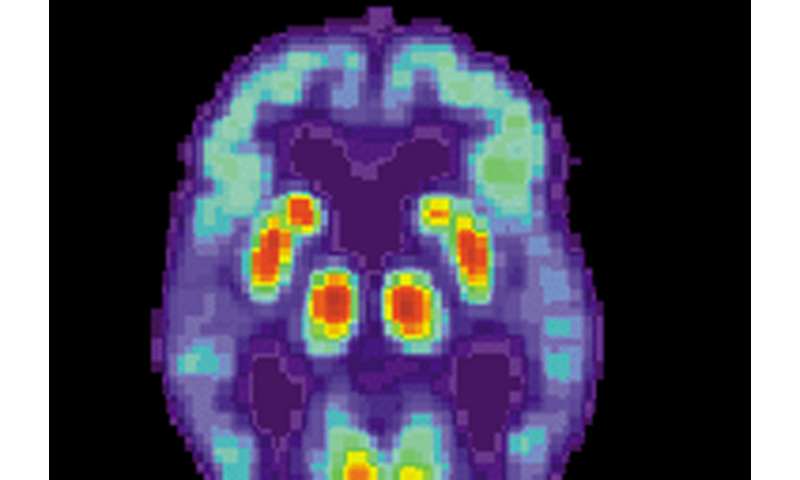
Delivering the medication dantrolene through the nose rather than the mouth may help the medication penetrate the brain more effectively, potentially maximizing its therapeutic benefits in the treatment of neurodegenerative diseases, like Alzheimer’s disease. In a first-of-its-kind study, researchers in the Perelman School of Medicine (PSOM) at the University of Pennsylvania showed that administering dantrolene through the nose increased its brain concentration and duration in a mouse model of Alzheimer’s disease without causing obvious adverse side effects. The results were published today in PLOS ONE.
The findings represent a…


























